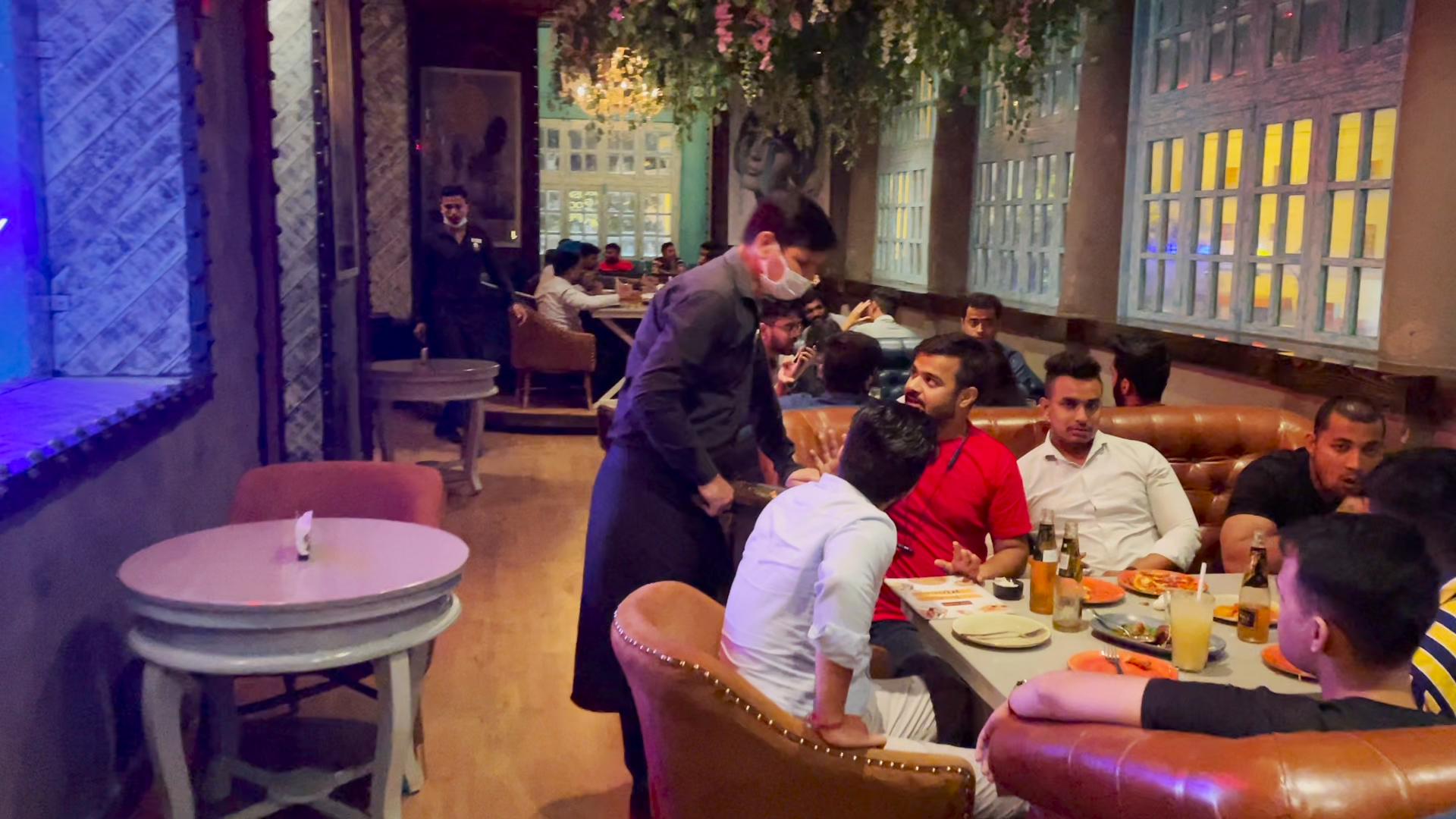Just what should be the right age to be able to buy and consume liquor in the country? As the Delhi Government moves closer to turning its new excise policy that seeks to lower the legal age for alcohol consumption from 25 to 21, and open air-conditioned and well-lit super vends into law, the reaction on ground has been mixed. For sure, it’s a move that is being welcomed by the industry players and experts and has generated quite a bit of excitement among the affected segment, the youth. There are, however, others who feel that it would mean promoting a vice and may lead to alcohol-induced crimes and accidents. An apprehension the ruling party in Delhi has been quick to quell.
The lawmakers feel that lowering the age would mean widening the regulatory ambit. They would now be able to check a lot of violations and legally prosecute violators who were otherwise proving difficult to book.
Welcome the move
“It is a move in the right direction,” says Sommelier-Consultant, Magandeep Singh. “No matter what the opposition might say, everybody wants the age to be lowered. It curbs a lot of illegal drinking. It helps put a lot of checks and measures in place. If I might say so, we could lower it further to 18 because if we can vote for the world’s largest democracy at 18, I am sure we are smart enough to hold our drinks. On the whole, it is a very positive change, and I am glad it has finally come about,” he argues.
For the cosmopolitan populace that Delhi is, safe drinking is a culture that the city has been striving for. A large part of Delhi’s population comprises a middle class that is educated and aware. The city is young and likes to wind up its day with a good drink.
“I think the lowering of the drinking age in general is something that has been a long time coming,” says Karina Aggarwal, Beverage consultant & Educator, “We have seen it in other states, and also other countries, where there is a lower drinking age. It brings about a greater sense of responsibility and makes it easier for the authorities to police.”
Common drinking age across country?
On whether there should be a common drinking age across the country, Aggarwal feels: “I think it would actually benefit us to have a common drinking age across the country. I understand that states handle their own excise laws. But it would be to the benefit of everyone if we did have a common drinking age and we were taught and were structured in order to work towards that.”
According to Aggarwal, the problem lies in the larger public perception. “We treat alcohol as a taboo. So, when we bring something that has been a taboo later in our lives, it isn’t treated with respect. It is done in hiding and often at unsafe places. If only we can create spaces that are socially accepting of something like this, then I think it will streamline a lot of those problems for all of us,” she says.
Every state is different
The complexities of Indian society, however, define the situation on ground. For instance, Tarun Sibal, Chef and co-owner, Titlie, Goa (a state when legal drinking age is 18) feels that the legal drinking age should be a state vide subject because each state is distinctly different to the other in terms of a socio-economic demographics, literacy rate, per capita income, cultural subtext and how its population engages with the subject of alcohol.
“Personally, I think 21 should be the max limit of any state to have it as their legal drinking age,” he says. “When we talk of legal drinking age, we become very myopic and we only talk of restaurants, bars, clubs and we talk of the middle class, the upper middle class, the affluent class and the HNIs. We forget that the state has also got the responsibility to ensure that the livelihood of each and every individual is taken care of and not at stake. Case in point, somebody is 18 and has just started to work and the livelihood of that person is dependent on a daily wage that one gets. In such a case, whether one should buy alcohol or not is a bigger question.”
Women and safe drinking
Mindset, other than ability and morality, is a perspective the public and state grapples with when it comes to alcohol consumption. This is particularly true for women who struggle to fight prejudice and find a safe space for drinking. The onus largely falls upon the state governments to create a safe environment for women drinkers and that leaves much to be desired. Women experts in the beverage space speak their mind. Says Karina: “I think women are as responsible drinkers as men are and that is the way it should be. Of course in India, there is always an added worry of safety when women are out drinking and unless you feel you are in a safe place with safe people, there is always that worry and anxiety that you carry with you.”
As the debate ensues on what is right or wrong, legal or illegal, safe or unsafe, alcohol consumption will remain a subject of moral policing. Widening of the legal ambit, however, will ensure that violators are brought to book, order is maintained and no one is able to exploit the law.









